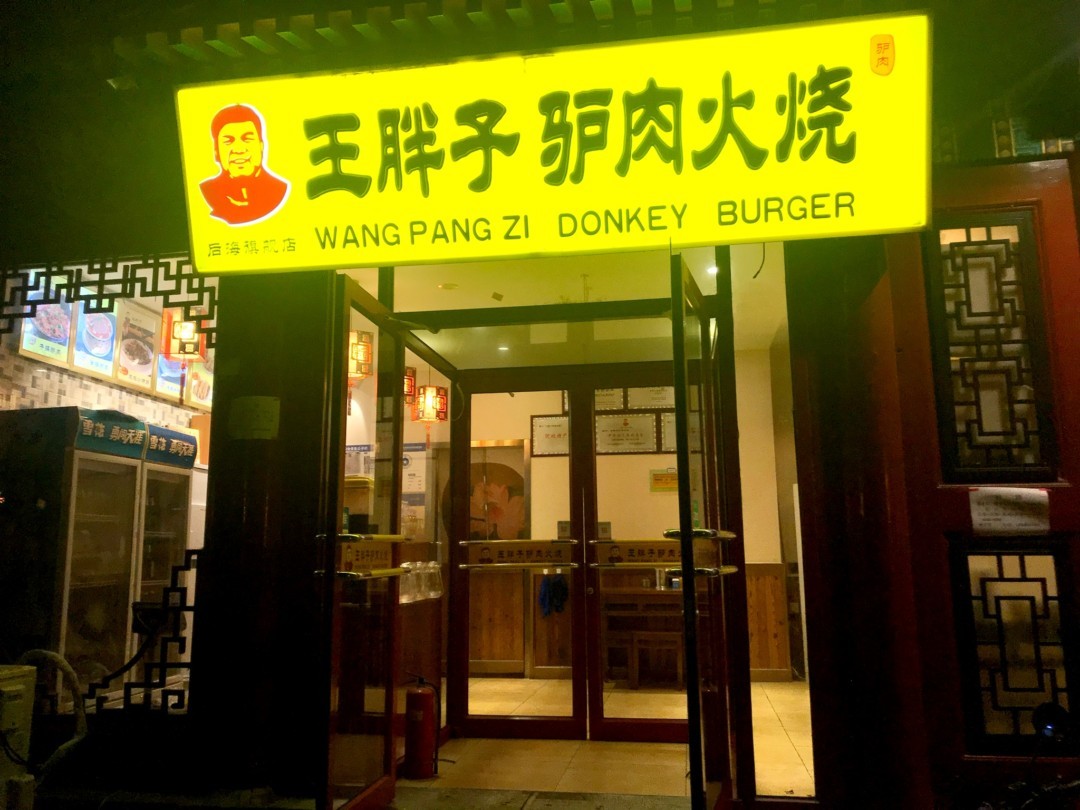I’ve been traveling through China for the last 2 weeks. It’s a fascinating country with amazing archaeological treasures, breathtaking scenery and pandas. Yes, pandas. Although I’ve been here half a dozen times, I find travel here to be some of the most challenging in the world. It can be extremely frustrating because of language barriers and customs that westerners don’t grasp. If you’re thinking of visiting, my list will really help you avoid common mistakes.

Don’t come to China in the Summer– China has a growing middle class and between June and August, everyone goes on holiday; Billions of people visiting the top tourist sites with selfie sticks and crying kids. Would you like a picture in front of the Temple of Heaven? You’ll have dozens of people you don’t know in your picture . The off-season is so much more pleasant and you won’t have to wait in long ticket lines. If visiting pandas is on your agenda, they’re usually brought inside during the hot summer months so cooler temperatures provide optimal viewing. Prices are lower with great deals starting in October. It’s common to see a 7-10 day vacation for under $500 with airfare, hotels, and tours included. China is the best travel bargain on the planet off-season.

Book a Tour Guide– I’m the last one to suggest following a moving pennant around, but China is difficult to do on your own. A tour group is a little too inflexible for me, but a private guide can help you digest all the things you don’t understand in the country. I don’t really need anyone to explain the history of the terracotta warriors when I can just Google it, but my guide helped me book my train tickets, answered my random questions about China and then helped me get a taxi so I’d get to the right train station. She earned her money and saved me lots of frustration. Plus, she helped me get to all the highlights of the Xi’an warriors ahead of the mobs and had some interesting stories about the site. If you decide against a tour guide, you can still get your hotel concierge or front desk person to arrange transport and write down where you’re going in Chinese. That’s always a better start than just winging it.

Get WeChat and learn how to use it. Facebook is still verboten in China, so everyone with a phone in China seems to be on WeChat. The Chinese use it for social networking and to pay for things. Everyone has their own QR symbol so you can scan it like Snapchat and send messages and pictures without the formality of asking for names and trying to find an individual’s profile like you have to do on Facebook. You can also connect your account with a credit card and use it for purchases that’s easier to use than Apple Pay.
Get Google Translate– Google has built an amazing app that can change your entire experience in Asia. Can’t read a sign or a menu? Open the camera in the app and it will instantly translate everything into whatever language you choose. Type or speak phrases in and not only will the app translate them, it will also read them aloud in Chinese. There’s even an option to translate handwriting. The app seems to lift the letters of the page and transform them. For full pages, you can take a snapshot of what you want up translate and it will change everything into English. Some phrases may not make perfect sense because of different meanings, but you can usually get the gist. This is the most useful thing you can possibly bring if you want to understand anything or ask a question. It has limited functions without internet, but still works for basic translations anywhere with the language pack. You can pick up a cheap SIM card and use the internet for faster results.
Get Out of the Cities– There’s much more to China then Beijing and Shanghai. Crowds and traffic can be suffocating if you opt to stay in the city your entire trip. There’s lots of natural wonders throughout the country like the stone forest outside Kunming, the water towns near Shanghai, or the karst mountains in Yangshuo. The Great Wall has many less- touristy sections than Badaling where you can hike and even sleep on a section of the wall. Sichuan has great bamboo forests, giant Buddha statues and great opportunities to see pandas living in their natural habitat. You can also use night trains to get to unique places in the countryside. Travel while you’re sleeping and save money on hotel rooms.
Prepare for Your Taxi– you can’t drive in China without a Chinese license, so you’re going to need to be able to navigate public transport and communicate with taxi drivers if you want to go anywhere. If they don’t understand you, they’ll quickly shoo you out of their car. You can have your map ready on your phone (the maps.me app doesn’t require data) or Google map (if your phone has internet while traveling). You can also have your hotel write down the address where you want to go and show it to the driver. Always grab a hotel card so that you can get back. Some cab drivers can’t read so they may show the card to another local and have them tell them verbally. Google translate has a speaking function that will say what you want in Chinese, but usually requires internet to do this. Get a receipt from your cab. Take a picture of the license plate. If you forget something in the taxi, you can track down the driver.
Go Local– instead of staying at a large hotel chain and having your Starbucks in the morning, get out of your routine and become one with the people. Honestly, that is impossible in China, but you can find hotels in the hutongs (traditional neighborhoods) and you can try the local food and drink. There’s plenty of offerings outside your comfort zone. You’ll see donkey burgers, fried chicken feet, and strange meat incarnations that may challenge your palate. Drink the local beer, Tsing Tao, have some green tea ice cream and challenge yourself to try some things you’ve never seen before. If you really want a taste challenge, visit a night market and try a fried scorpions skewer. Scorpions taste just like pork rinds, but you’ll likely be revered by your Facebook friends as a true travel foodie.
Get Your Bearings– have you ever noticed that Chinese restaurants often have a subheading like Cantonese, Szechwan, or Hunan? These are different provinces in China and they are quite different from each other. Language, traditions,architecture and cuisine can vary dramatically. Many tourists perceive all areas of China as being similar, but there’s deserts, jungles, and radically different climates spread throughout this vast country. Some destinations like Hong Kong, Tibet and Macau have different currency, visa requirements and very little in common with the rest of the country. Knowing a little about the different regions can help you understand the people you meet, the food you eat, and aid you in customizing your itinerary.
Electricity and VPN– The Chinese government blocks Facebook, Google maps and many other random apps, so a VPN (virtual private network) fools servers into thinking you’re in the US. You can use your social and dating apps, watch Netflix, book tickets and enjoy western internet benefits by adding this little app or service to your phone and computer. There are some free VPNs, but many have a monthly fee you can cancel after your trip. Most Chinese plugs have multiple options so US plugs might work, but at 220V. A charging station/converter with USB ports and different plugs can be a great asset for topping off cell phones, cameras and extra battery packs.
Carry your own Tissue and Don’t Expect a Toilet Seat– eventually you’re going to be confronted face to face with an Asian toilet that defies all hygiene and health codes you were raised with. You’re not going to change hundreds of years of bathroom traditions by complaining. Be prepared for the worst by bringing your own tissue and thinking about how wonderful everything will be once you leave the stall. More remote areas can be extra challenging. Having a few packages of individual wet wipes can be useful for a quick facial refresh in dusty/polluted areas.
Understand the Money– Some ATMs won’t work with US cards so have several options to get cash and don’t get frustrated when you have to move to a different ATM machine when the first one spits out your card. Few visitors use traveler’s checks anymore and finding a place to change cash can be difficult. American Express cards are useless in China. Have a couple of credit/debit cards on hand, cash for emergencies, and spread out your monetary resources in at least 2 different places in case you lose your wallet. Crime isn’t a big problem but it’s easy to forget phones, bags and other belongings in the endless security checks or hopping out in and out of taxis. Know the currency exchange rate before you do any deals.You’ll also need your passport to buy any kind of ticket or for any hotel stay so make sure it’s on you at all times.





